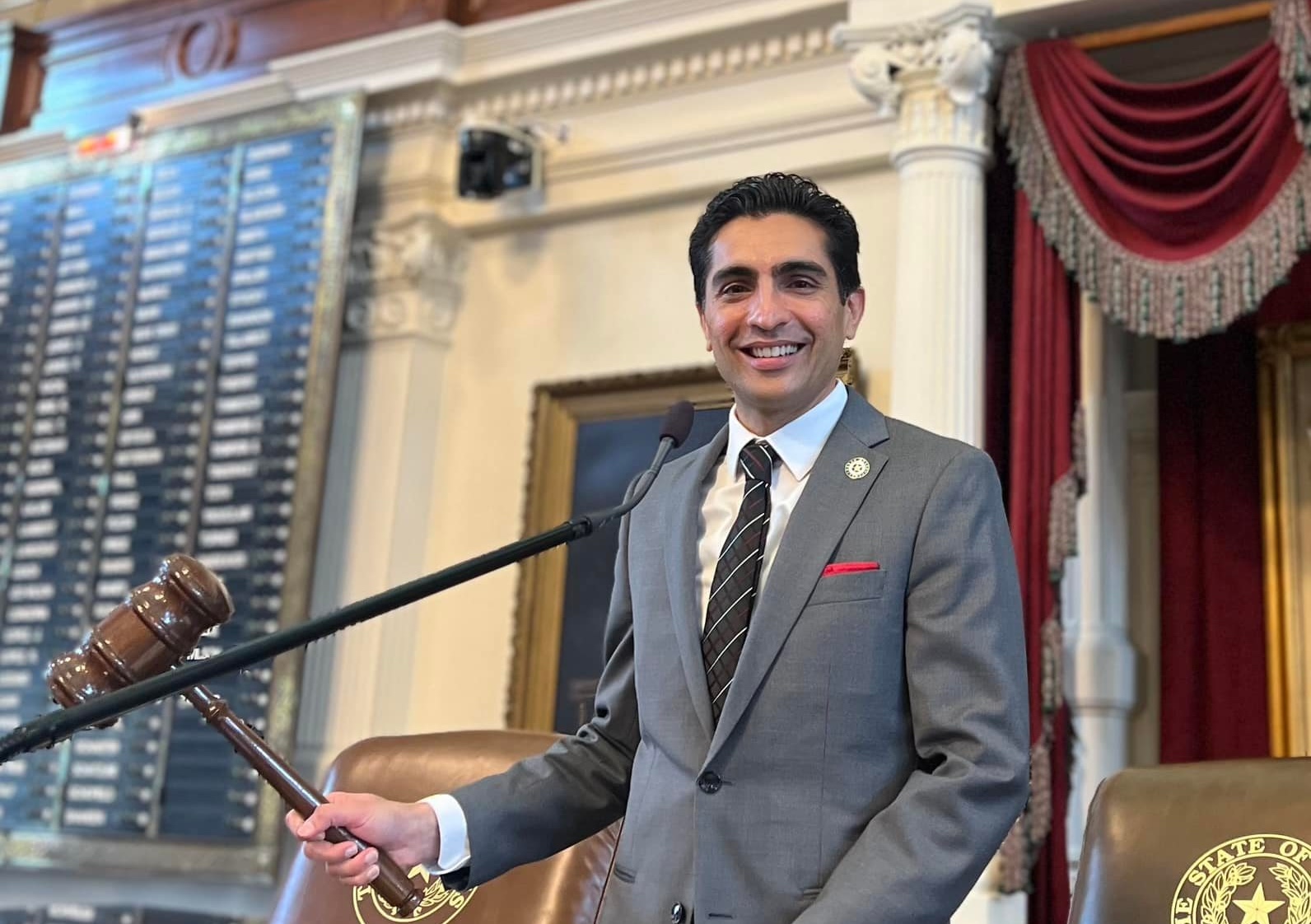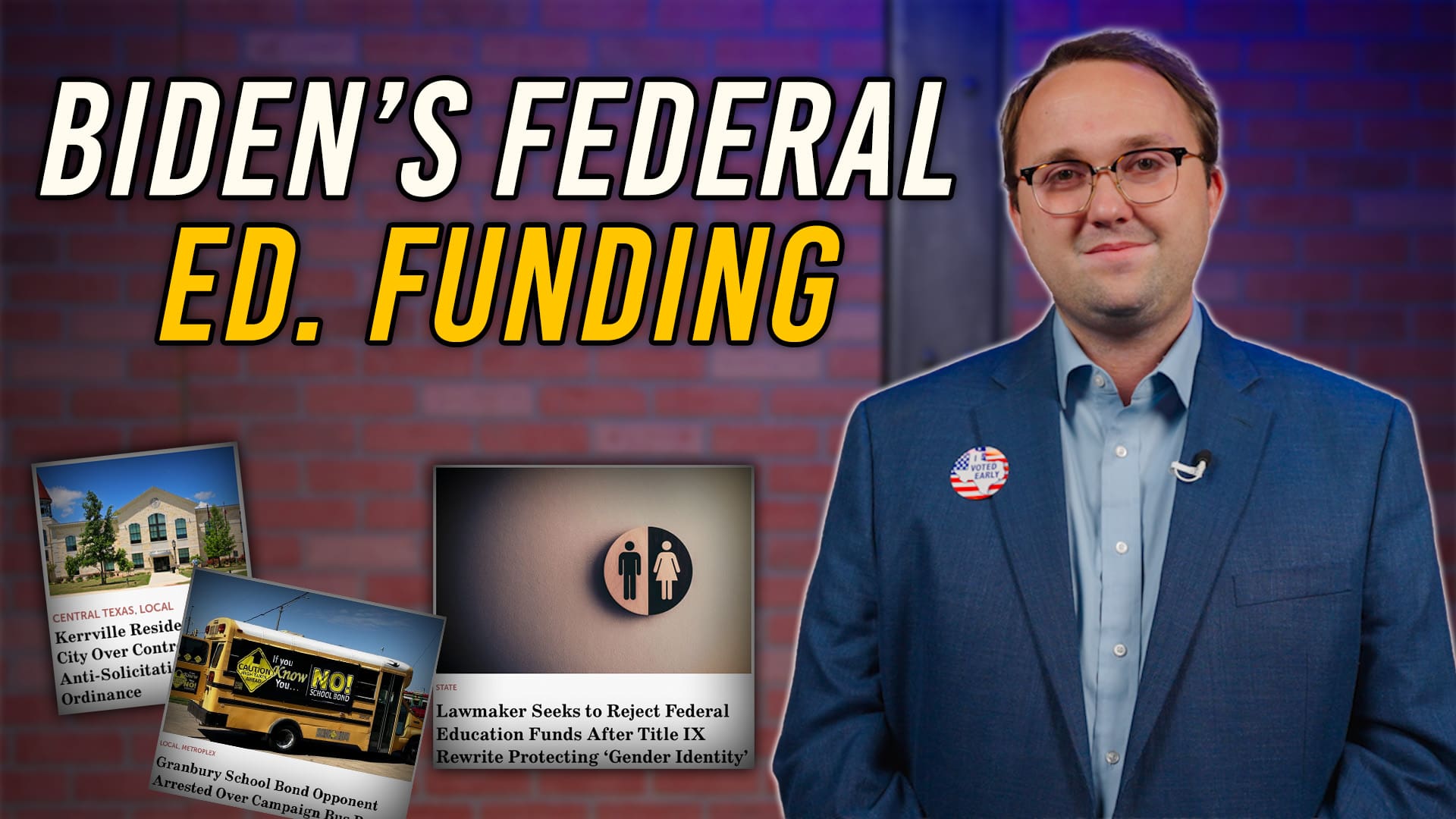In the middle of a national economic crisis and local revenue shortfalls, the City of Dallas is embarking on what is never a good idea: government ownership of a hotel. The city council recently voted to put city taxpayers $400 million in debt for the construction of a new convention center. The city has massive budget problems, having a hard time doing its existing jobs — police, fire, transportation — yet somehow council members think they can add “hotel ownership” without consequence. As it stands now, taxpayers have no say in this boondoggle.
But a few Dallasites are fighting back. An advertising campaign (listen here) and petition website has been launched by a local group, Citizens Against The Taxpayer-Owned Hotel (www.notaxpayerhotel.com).
Government simply shouldn’t be operating in the private sector. The conflicts of interest are legion, and the implications immoral; not the least of which is using the power of government to compete against those who pay the taxes.
But setting aside the overwhelming number of philosophic reasons to oppose such activity, the practical issues in Dallas should give anyone pause. Just four years ago, the city looked at taking this path and were warned that a new convention center was not economically feasible.
With Dallas running a budget deficit, taxpayers are now being asked to subsidize a project the market says isn’t viable — which means massive future subsidies that will necessitate tax hikes, or the further degradation of existing services.
Hotel owners in Dallas now face the prospect of a double whammy. Their city taxes will go up not only to fund the construction of a competing enterprise, but they know that for decades to come their tax dollars will be used to market the new facility to the detriment of their own business.




